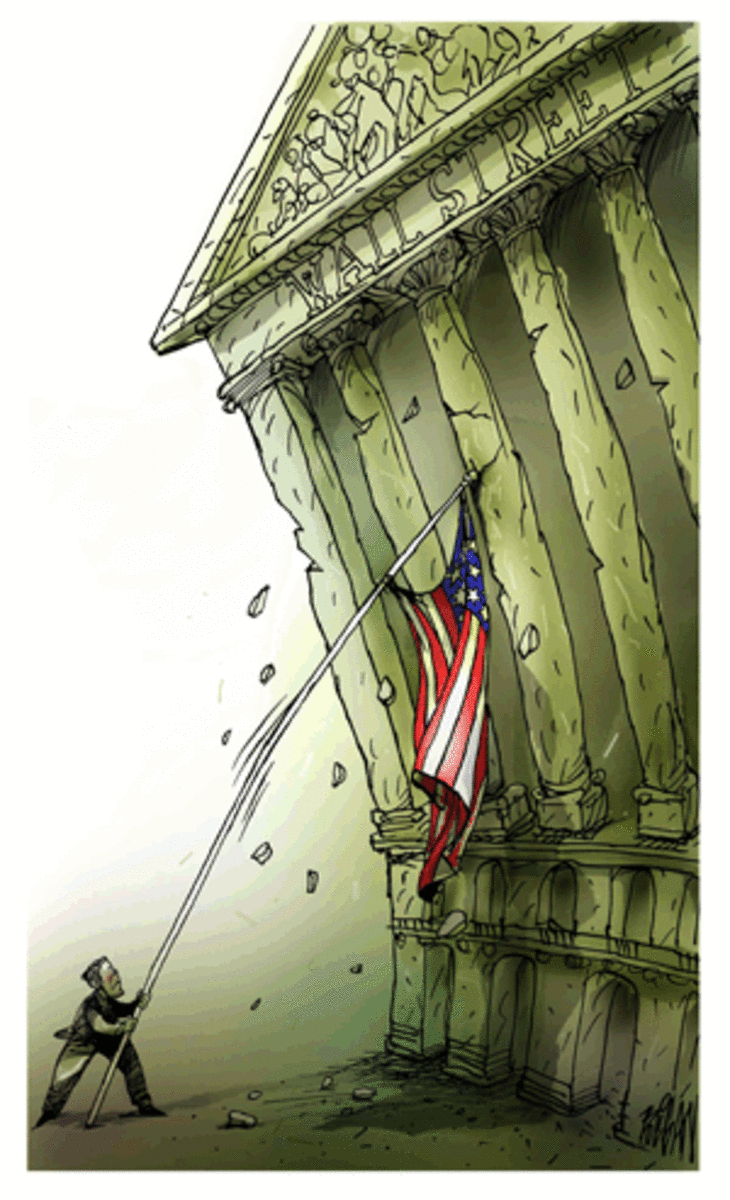
By Andrew Lipsitz
By now it should be obvious that information is the basis for all decision making in finance. The statisticians at JP Morgan were most likely well aware of this concept, and used a model to predict corporate defaults by using previous correlations in such risks. However, this was still just a guessing game in theory, because at any time correlation can change and corporations could begin to default at significant levels just because other corporations using JP Morgan are loosing confidence.
The information for supporting hundreds of billions of dollars in assets on the balance sheets just was not sufficient enough to carry out these “super-senior” risk derivatives. Also, since the derivatives received the highest ratings from Moody’s and other major rating companies, AIG agreed to take on the risk of these deals. Since
I believe that the whole catastrophe could have been avoided if the derivatives made up less of the balance sheet or if they would have been used as off-balance sheet items.
The second issue here is one of specialization versus generalization. JP Morgan wanted to compete in the mortgage loan market because competitors were getting an edge on them. For JP Morgan to enter into this unfamiliar market was a disaster from the start. Since they had no data on mortgage defaults and regulators made it difficult for them to acquire this information, it was hard for them to estimate the correlated risks. Although doing credit derivative deals with mortgage debt seemed inevitable if they wanted to properly compete, JP Morgan was not specialized in mortgage debt and did not have the required data to keep up.
No comments:
Post a Comment